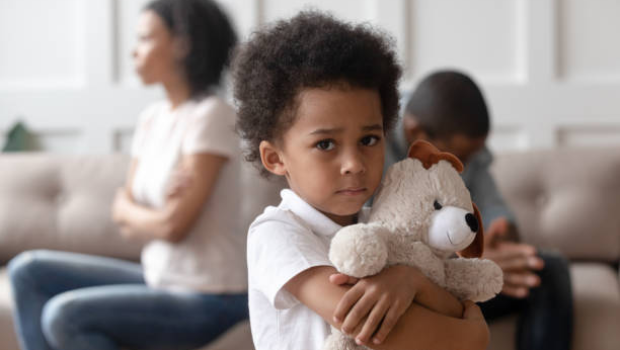The Ripple Effects of Complex Trauma
Complex trauma results from a child’s experience of multiple traumatic events. The long-term effects of these multiple, often horrific, events result in a wide range of results. None are good. Often invasive, these traumatic acts are directed at the child. Unfortunately, the child is usually victimized by their primary caregiver or a close relative. The traumas cause ripples of stunted development and maladaptive behaviors in the quest for the child to feel safe.
One of these ripples affects relationships. If the relationship with a primary caregiver is healthy, the child learns to trust people and the world. They can regulate their emotions and interact effectively with the world. The world appears safe; these children develop a sense of their personal value. Lacking a close relationship with their primary caregiver has a multitude of negative effects which continue through adulthood. When primary relationships are unreliable, frightening or inconsistent, children can’t trust others for help. When the primary caregiver exploits/abuses a child, the child believes they’re bad and deserve this treatment. The world appears dangerous. Not surprisingly, a child with complex trauma has significant difficulty in developing strong, healthy relationships.
Another ripple is child development, especially if these traumatic events are severe or pervasive as in abuse or profound neglect. There are adverse development effects if a child feels insecure and unsafe in the home environment. They may develop coping skills that help them to survive and function in the moment, but interfere with normalcy later in life. They become overly sensitive to the moods of others and hyper-vigilant about how the adults around them are feeling and acting. They want to protect themselves from an adversity or the next trauma.
Another ripple affects the physical body. The development of a child’s body’s functions are partly determined by their environment. A child with complex trauma experiences fear and constant stress and their immune systems don’t develop properly. The body’s stress response systems also develop abnormally. As an adult, the person may overreact as if under extreme stress when really there is only mild stress. We call this “reactivity”. Reactive symptoms include rapid breathing, heart palpitations and panic. Stress in the environment growing up also impairs brain and central nervous system development. Lacking mental stimulation in a neglectful environment limits their full potential brain development. Children with complex trauma also develop chronic physical conditions like headaches and stomach aches.
Ripples of complex trauma also affect the emotional well-being of the child. Children withhold their emotions from others. They’re afraid of letting others see their fear, anger, sadness and vulnerability. Not only do they have difficulty expressing emotions, they also aren’t able to identify emotions and they lack a “feelings” vocabulary.
Dr. Anne Deatly offers a complimentary Ultimate Breakthrough Session. For more information, call 201-925-1046 or email Anne.Deatly@gmail.com.





























